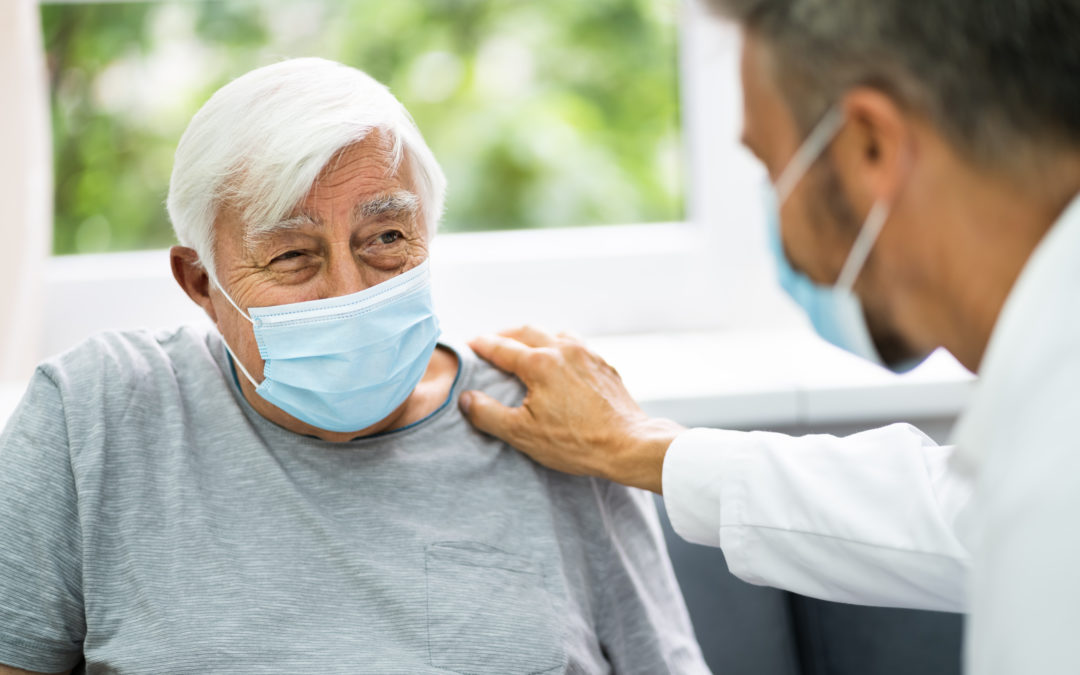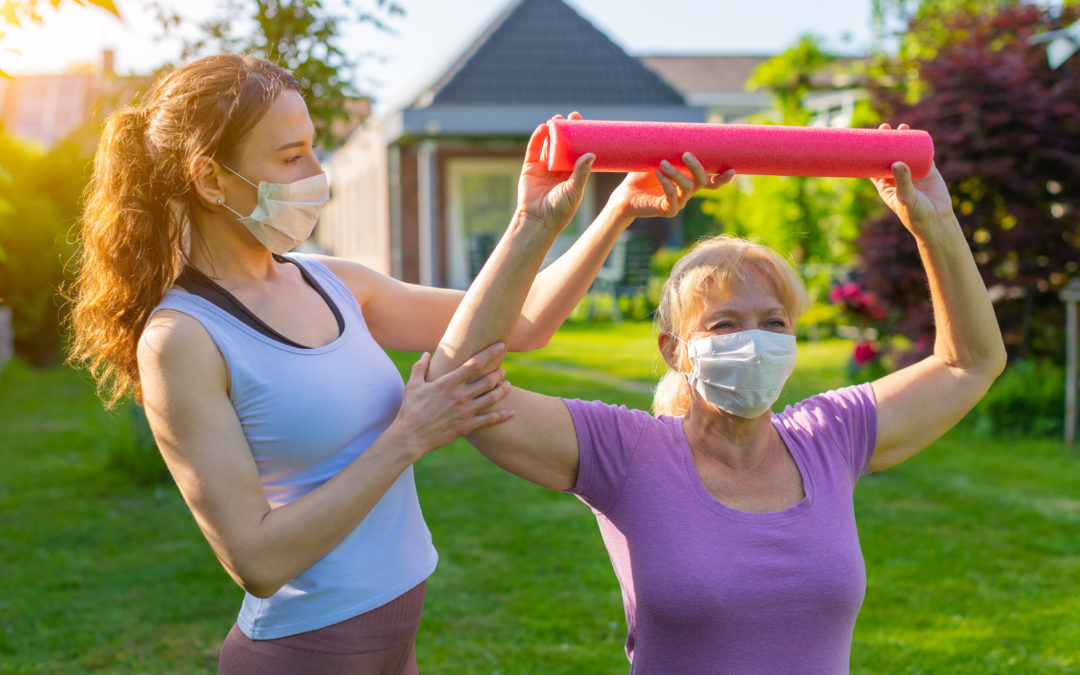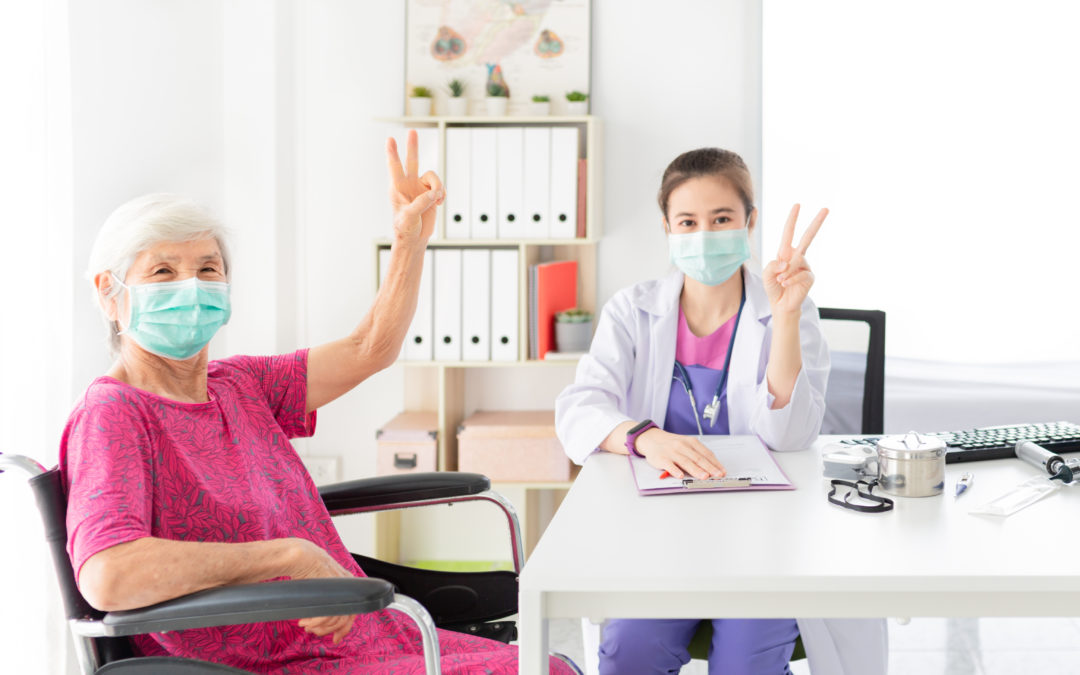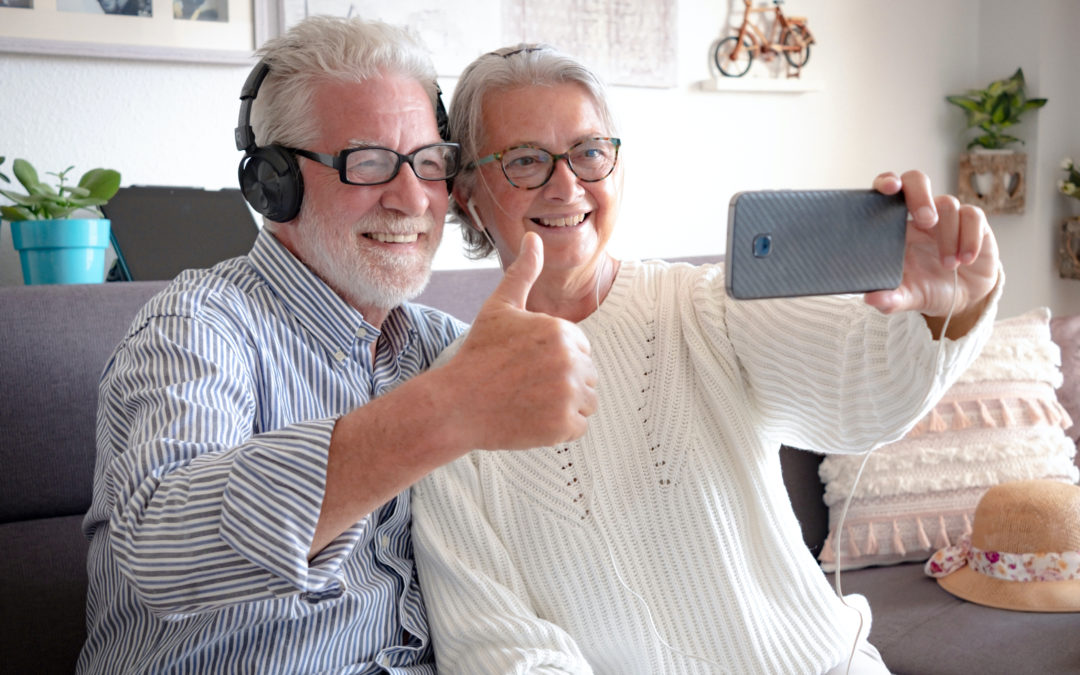
Why Assisted Living is Still a Great Option
Finding the assisted living facility that is right for you is more complicated than choosing the lowest-cost option available. At Nye Health Services, we do more than simply provide a safe place to live. Our communities provide plenty of opportunities to socialize, and our caring staff is always available for anything you need help with.
Choosing an assisted living option is a great way to ensure that seniors’ unique needs are met. Feel free to schedule a tour at any of our locations to get acquainted with our team, learn more about the benefits of assisted living, and see why our residents choose us.
Why Assisted Living is Still a Great Option
What Is Assisted Living?
At Nye Health Services, our assisted living campuses are designed to provide a supportive environment for older adults who need assistance with activities of daily living (ADLs) while maintaining their independence. Our communities offer a range of services and amenities to ensure that residents can continue enjoying their favorite activities and hobbies.
Benefits of Assisted Living
Moving to assisted living offers numerous benefits for seniors and their family members. Assisted living communities provide a safe and secure environment where residents receive personalized care and support. Family members can have peace of mind knowing that their loved ones are well taken care of and have access to assistance with daily living activities.
Maintain Your Independence in a Safe Environment
At Nye Health Services, residents can maintain their independence while receiving the necessary support they need. Our communities encourage residents to stay connected with family and friends, participate in engaging activities such as book clubs, and enjoy the common areas and dining rooms where socialization is fostered.
Our Amenities
Nye Health Services assisted living communities offer meal preparation, cleaning, and other tasks for you so that you can enjoy a maintenance-free life. Your health and safety are our top priority which is why our professional care support team is available on-call 24/7.
Cost of Assisted Living
The cost of assisted living can vary significantly depending on your state, the amenities that are offered, and the level of care you need. Some campuses are better equipped to handle certain medical conditions than others, and it’s important to prioritize choosing one that best meets your needs.
Although the initial cost of assisted living may make you hesitate, remember that factoring in housing, transportation, meals, activities, medical care, and other expenses that you are already paying for makes assisted living a more affordable option.
At Nye Health Services, we are proud to offer some of the best-assisted living campuses in Nebraska and Wyoming. We provide safe, comfortable, and happy places to live during your senior years. Read through our FAQ page for answers to some of the most common questions our prospective residents ask, then contact us to learn more about the amenities we offer or to schedule a tour of any of our locations!





